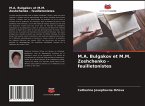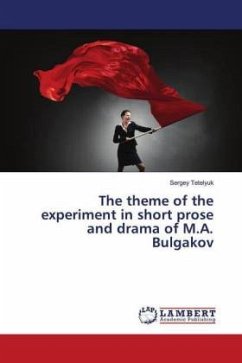Is satire possible under the Soviet regime? Can there be "positive" satire? What are the peculiarities of the satirist's artistic vision? What are the peculiarities of the feuilleton, and where is the boundary between the "publicistic" and the "artistic" in the newspaper feuilleton? These interconnected problems, which were the subject of long disputes that lasted for decades, were intended, on the one hand, to resolve specific questions about the poetics of satire and, on the other, to define a general attitude towards satire as a special kind of fiction. From this point of view they had not only theoretical, but also practical importance in deciding the destiny of, for instance, satirical theatre. At the same time, although they were dedicated to seemingly private questions of contemporary literature and stood as if on the periphery of the literary disputes of the 1920s, these discussions were part of the development of the central aesthetic problems of the literature of the 1920s.








